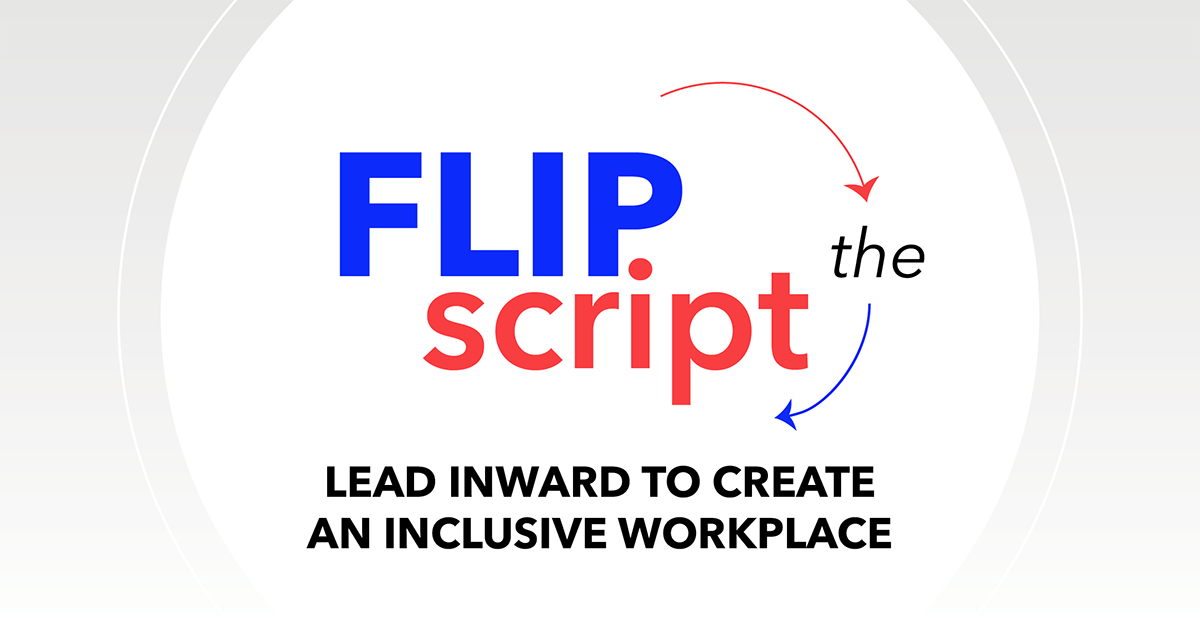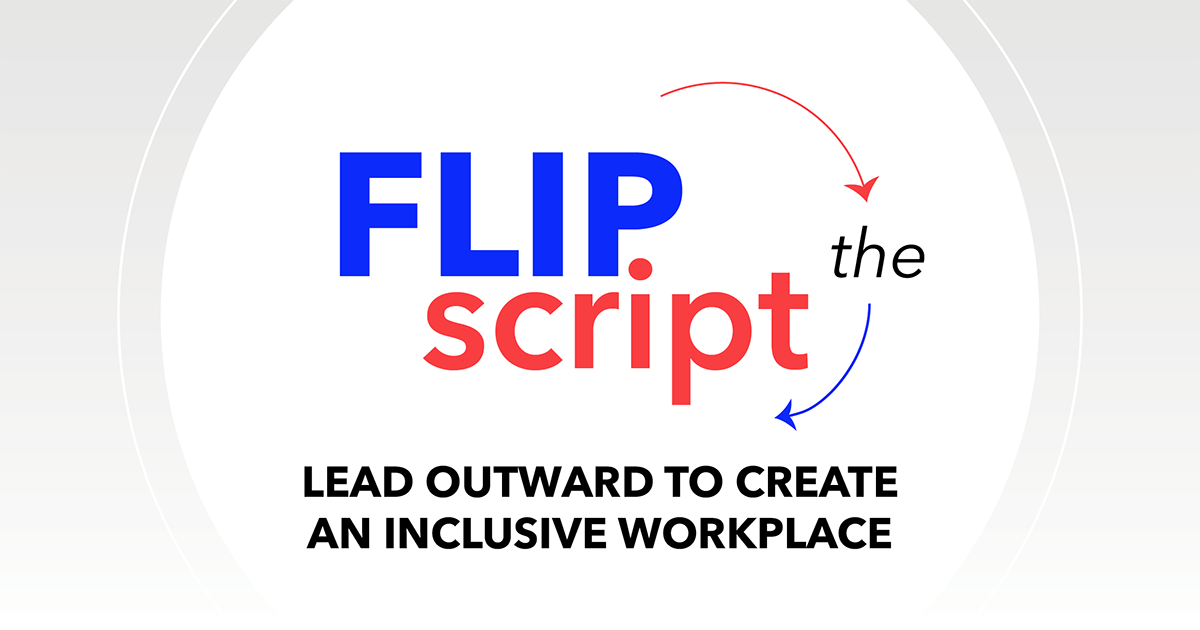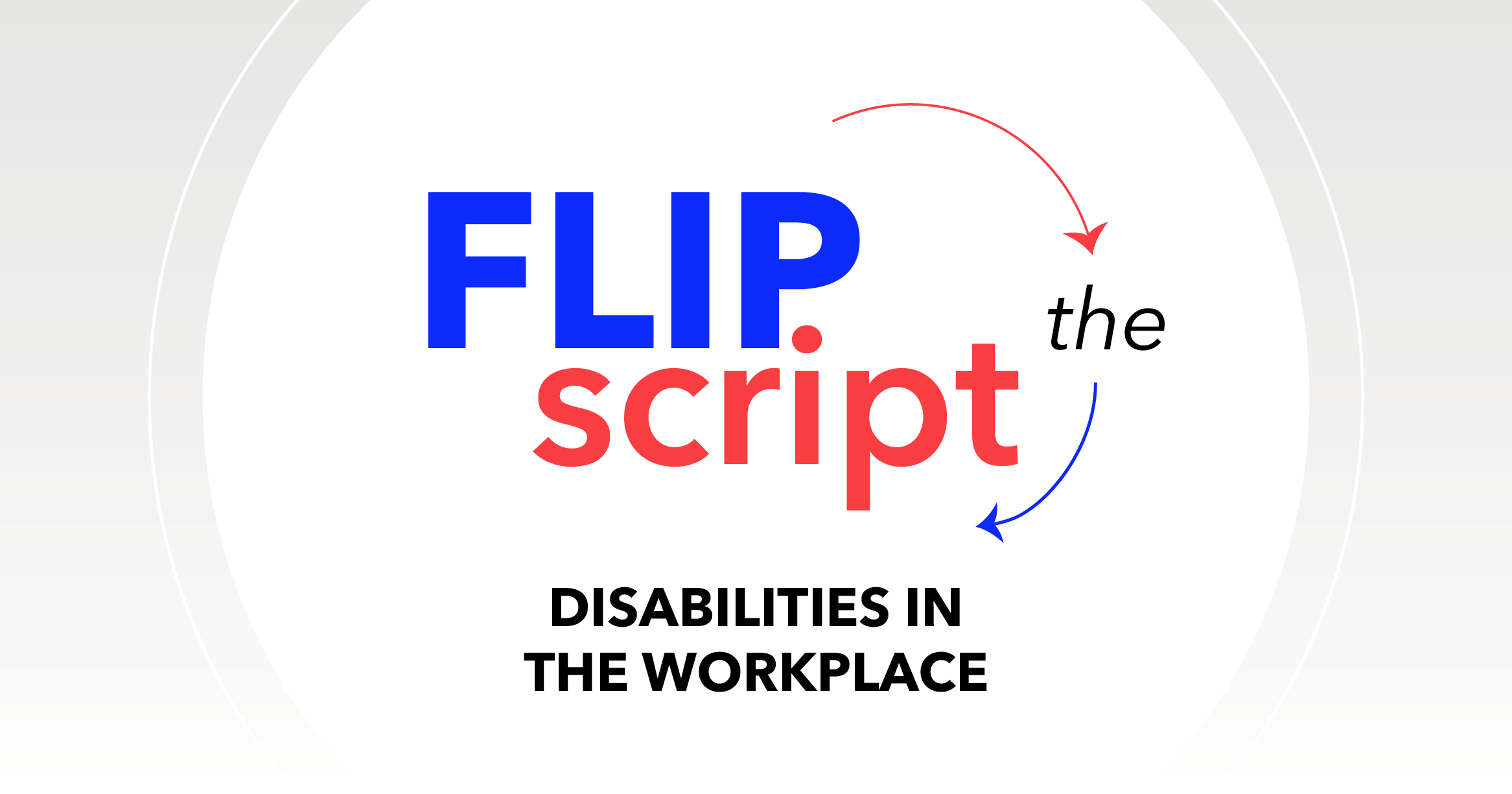Inclusive Communications
In today’s work environments, it is vital that employees, teams, and leaders engage in effective (and often uncomfortable) conversations to work across differences, understand one another’s unique experiences and perspectives, and disrupt bias. There are no simple solutions, but you can learn skills and strategies to communicate inclusively. Learn more with Catalyst tools and resources.
Results

The Risks of Performative Policies (Report)
This report is a wake-up call for CEOs as employers continue to face high turnover via the Great Resignation.
Talking Across Differences: Ask Catalyst Express
It's time to get comfortable being uncomfortable. Here's how to connect across differences.

Feedback in Flexible Workplaces: Flip the Script (Infographic)
Effective collaboration across locations, time zones, and schedules can’t happen without communicating inclusively. Learn how with this infographic.

Three Inclusive Team Norms That Drive Success (Report)
Catalyst research shows that only one-third of employees experience inclusive team dynamics. Learn how to create more inclusive teams.
Only 31% of Employees Experience Inclusive Teams (Media Release)
Catalyst’s study found three specific inclusive team norms that boost success across a diverse set of populations and industries.

Five Takeaways from Real Talk by Catalyst (Blog Post)
Over three days, business leaders, change-makers, and scholars offered candid reflections on navigating inclusive workplace culture change.
Men With Open, Inclusive Managers Are More Likely to Interrupt Sexism (Media Release)
New Catalyst research on men in Europe finds 62% experiencing high levels of manager openness would likely interrupt sexist comments.

Cultural Sensitivity in Global Workplaces: Flip the Script (Infographic)
These scripts help you start to get to know colleagues better without unintentionally devaluing their heritage and history.

Empathy in the Workplace: Flip the Script (Infographic)
Practice building your empathy skills to form stronger bonds with team members and foster an inclusive workplace for everyone.

Inclusive Leadership
Catalyst's Accelerating Inclusive Leadership series of research dives into the elements of inclusive leadership at work.

Leading Inward: Flip the Script (Infographic)
Choose your words thoughtfully to build an inclusive work culture where people are valued and connected. Change starts with you.

Leading Outward: Flip the Script (Infographic)
Choose your words thoughtfully to build an inclusive work culture where people are valued and connected. Change starts with you.

Inclusion Workshops
Give your managers the skills they need to succeed in uncertain times.
Overcoming Conversation Roadblocks (Infographic)
Do you fear saying the wrong thing? Not sure how to respond to coworkers' insensitive remarks? Here are common roadblocks to communication and how to overcome them.

Disabilities: Flip the Script (Infographic)
Rather than focus on a person's abilities, focus on creating connections and engaging with that person.
Respond With Heart, Not Harm, in Tough Conversations: Flip the Script (Infographic)
Respond with heart by staying engaged when discussing difficult topics, which helps to work collaboratively across differences.
Flip the Script: Create Connections, Not Conflict, in Tough Conversations (Infographic)
Create opportunities for connections by using words that invite different perspectives and help people feel heard and valued.
Create LGBT-Inclusive Workplaces: Flip the Script (Webinar Recording)
This webinar provides an overview of common barriers to LGBT workers' advancement and the actions individuals and organizations can take to build an inclusion.

CatalystX Discussion Facilitation Guide—Communication Skills for Bridging Divides (Tool)
Use this post-course discussion facilitation guide to drive home learnings from the CatalystX course, Communication Skills for Bridging Divides.
Barclays – How Barclays is Creating an Inclusive Workplace (Practices)
Learn about Barclays' history of diversity and inclusion and how they continue to excel on that journey.